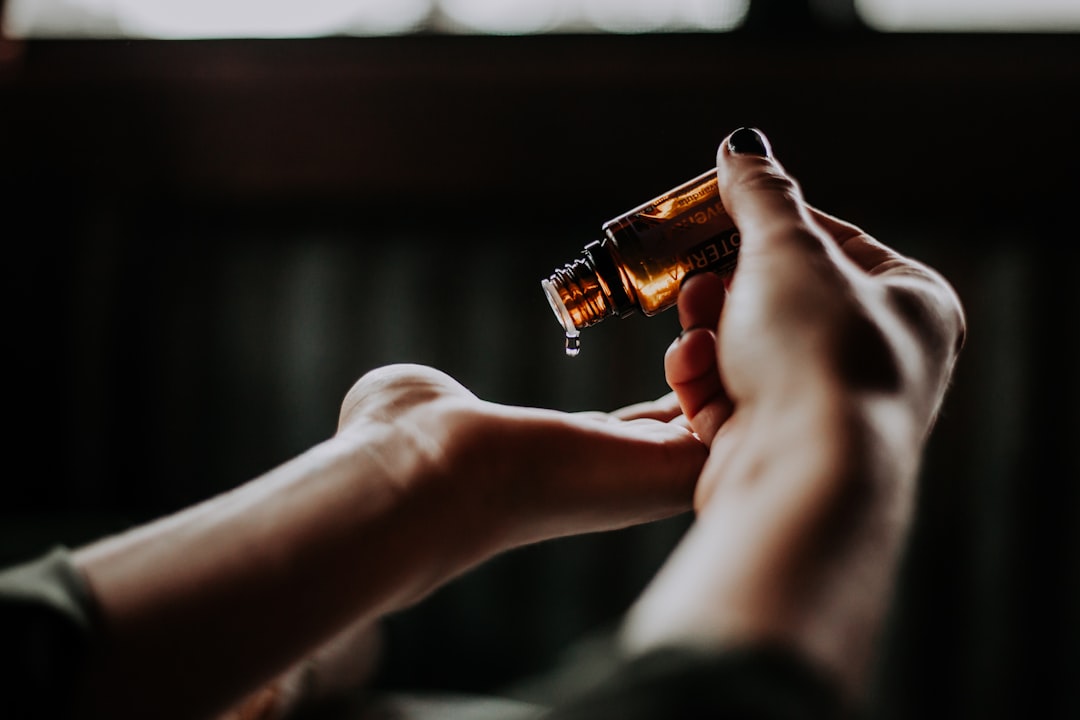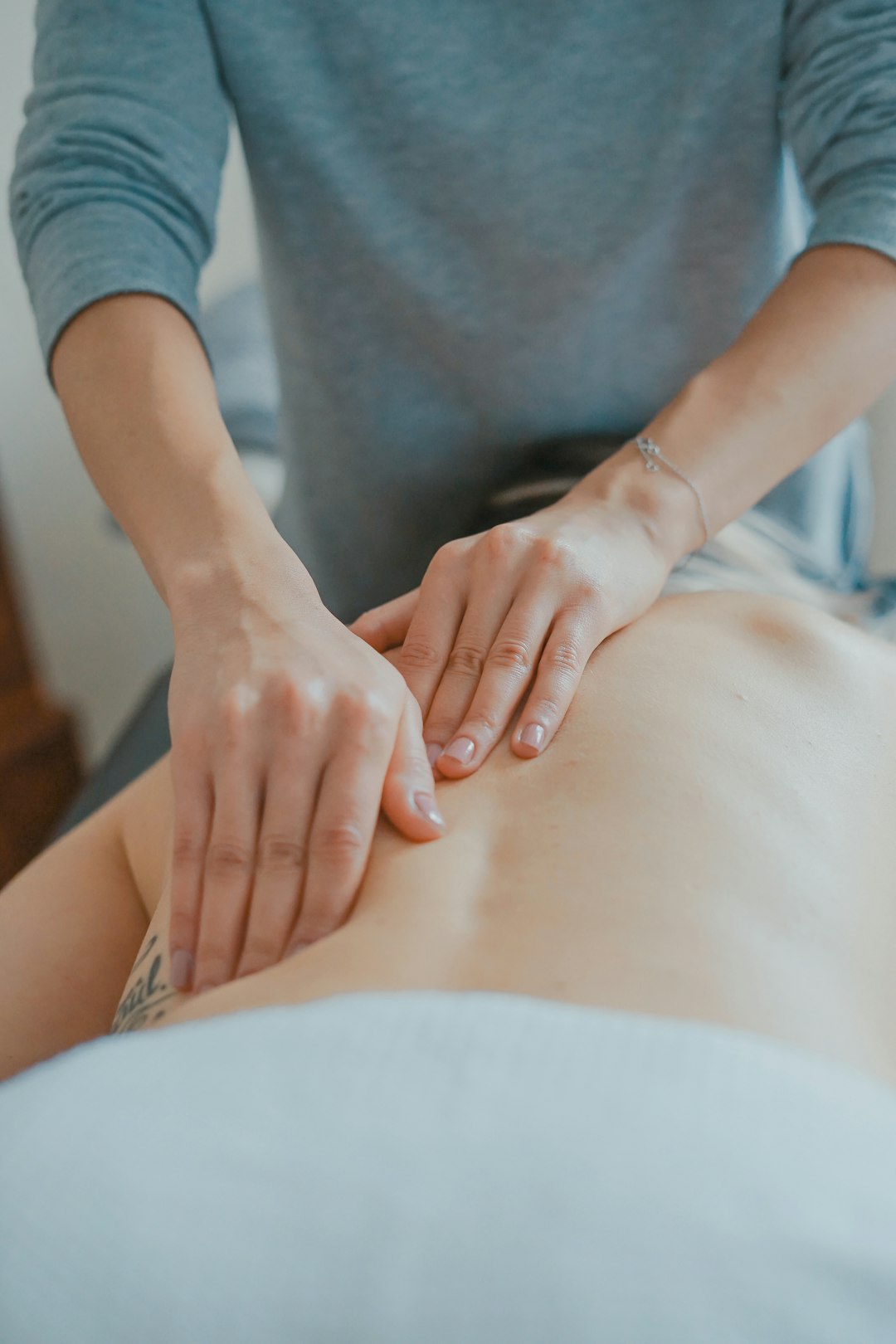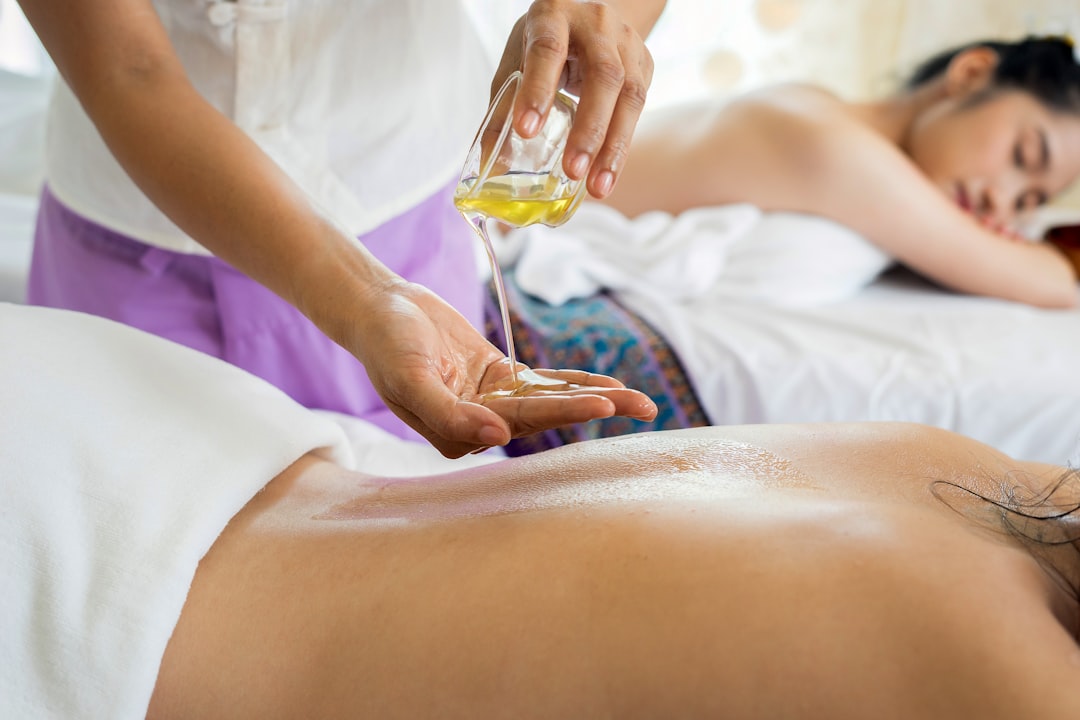The COVID-19 pandemic significantly impacted Maryland's massage therapy industry, leading to reduced operations and client bases for therapists. This shift highlighted critical issues of consent and interaction, as concerns about massage abuse surged. Practitioners had to adapt to online services while maintaining professional boundaries, and clients became more discerning. The pandemic underscored the growing need for accountability and legal support, prompting an increase in cases for massage abuse attorneys Maryland. As consumer behavior changed, the industry faced new challenges and opportunities to improve workplace safety and ethical practices.
“The COVID-19 pandemic significantly reshaped Maryland’s massage spa industry, leading to a complex web of challenges that inadvertently contributed to a concerning rise in massage therapy abuse cases. This article delves into the impact of the pandemic on the wellness sector, exploring how the shift in customer behavior and economic pressures created new vulnerabilities for massage therapists. Furthermore, it examines the role of massage abuse attorneys in Maryland, who are now more crucial than ever in providing specialized legal support to victims.”
The Impact on Massage Therapy Industry in Maryland During the Pandemic

The COVID-19 pandemic significantly reshaped various industries in Maryland, and the massage therapy sector was no exception. Many massage spas had to close their doors or reduce operations due to safety restrictions, leading to economic hardships for businesses and employees alike. This crisis also brought attention to the importance of proper training and protocols regarding client interaction and consent, especially as concerns about massage abuse increased during this time.
With social distancing measures in place, there was a shift towards online services and alternative healing practices. While this allowed some spas to adapt, it also presented challenges for maintaining professional boundaries, particularly in virtual settings. As the pandemic unfolded, massage therapy practitioners in Maryland had to navigate these uncharted waters, ensuring they could continue to offer their services safely while adhering to evolving health guidelines. Moreover, the heightened awareness of public health issues prompted clients to be more discerning about their wellness choices, including being more vocal about reporting potential instances of massage abuse. This dynamic created a need for increased accountability and legal support, leading many victims to seek assistance from experienced massage abuse attorneys Maryland.
– Discussing the decline in spa visits and its effect on massage therapists

The COVID-19 pandemic significantly impacted the wellness industry, particularly in Maryland’s massage spa sector. With strict lockdowns and social distancing measures in place, there was a notable decline in foot traffic to spas and salons across the state. This had a substantial effect on massage therapists, many of whom saw their client base diminish, leading to reduced income and uncertain futures. As non-essential businesses were forced to close temporarily, or operate at limited capacity, the frequency of spa visits decreased dramatically.
This shift in consumer behavior created challenges for massage abuse attorneys Maryland as they witnessed a potential rise in cases related to workplace abuse within the industry. With fewer clients, some therapists might have accepted longer hours or taken on additional tasks to make ends meet, potentially increasing their vulnerability to exploitation and abuse. The pandemic’s impact on the spa industry underscored the importance of addressing workplace safety and fair labor practices, especially for massage therapists who often work in close quarters and depend on consistent client visits for their livelihoods.
– Changes in customer behavior and preferences

During the COVID-19 pandemic, customer behavior and preferences in the wellness industry underwent significant shifts. Many people, unable to visit traditional spas or massage clinics, turned to at-home treatments or sought out alternative relaxation methods. This change had notable impacts on reported cases of massage abuse—a concerning issue that often goes unreported due to fear or embarrassment. With fewer in-person visits, there was a decrease in immediate incidents of abuse within spa settings, suggesting a potential underreporting during the pandemic’s initial phases.
However, as restrictions eased and spas began to reopen with enhanced safety measures, some clients developed new expectations for their wellness experiences. The heightened awareness about health and safety led many to prioritize ethical practices and professional standards when booking massages. This shift could encourage a stronger emphasis on proper training, certifications, and compliance among massage therapists, potentially reducing the likelihood of abuse cases in Maryland. Massage abuse attorneys across the state have noted this trend, advocating for continued education and robust regulatory frameworks to protect clients’ well-being.






